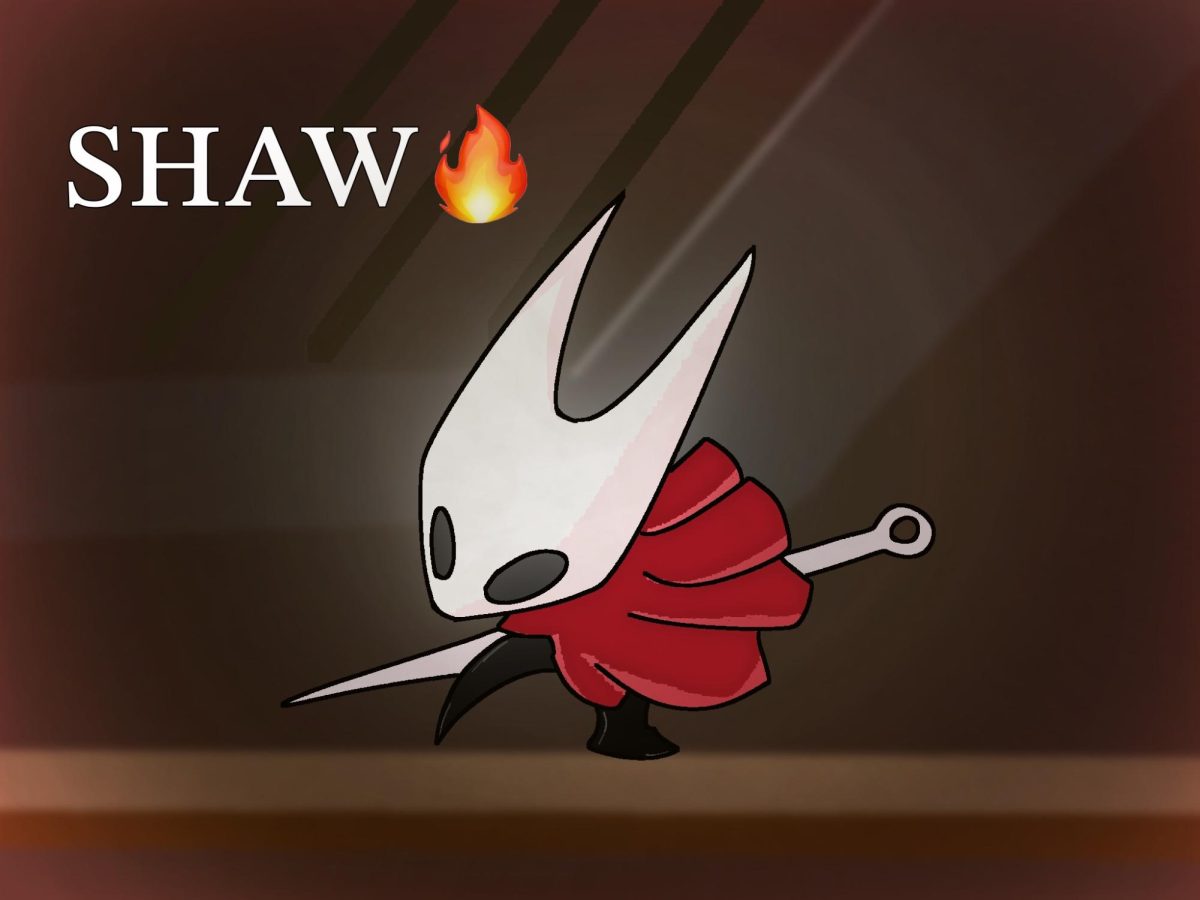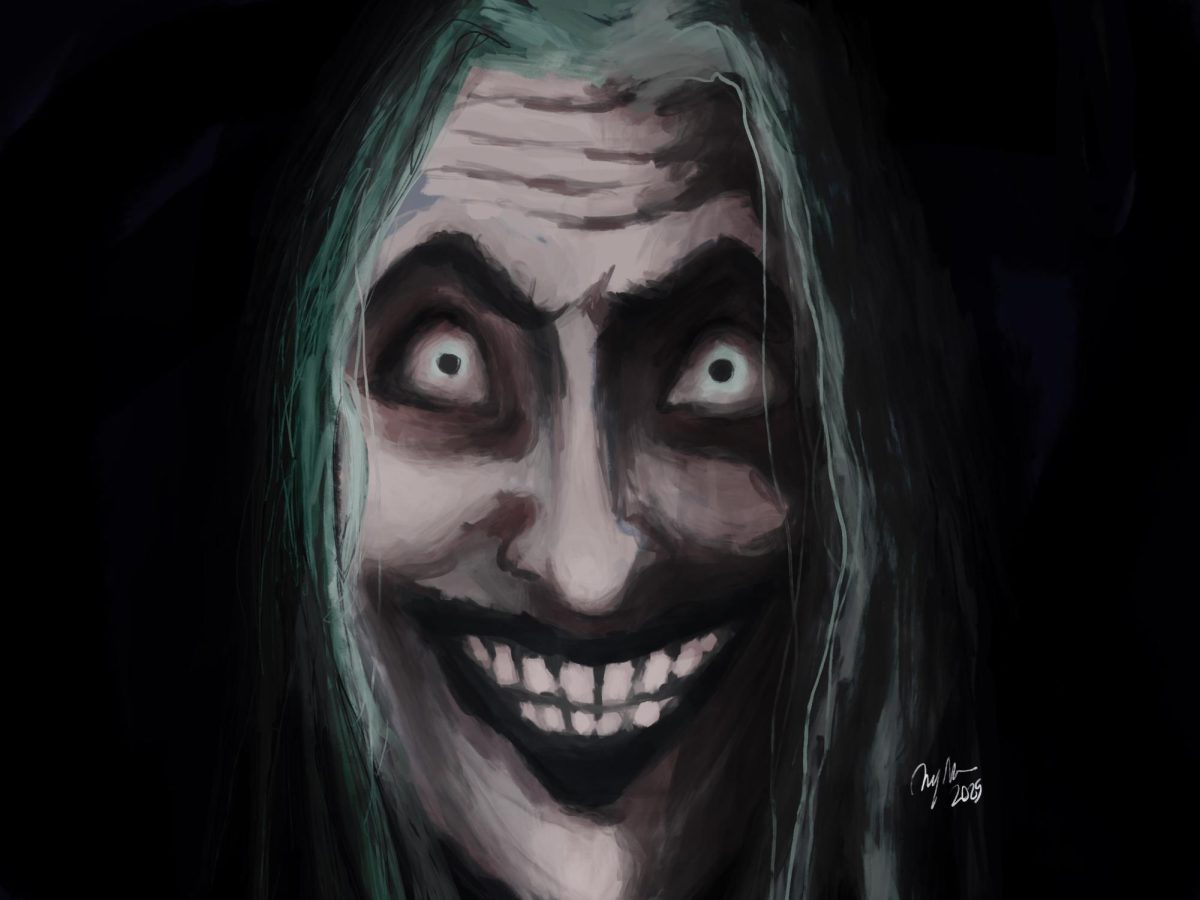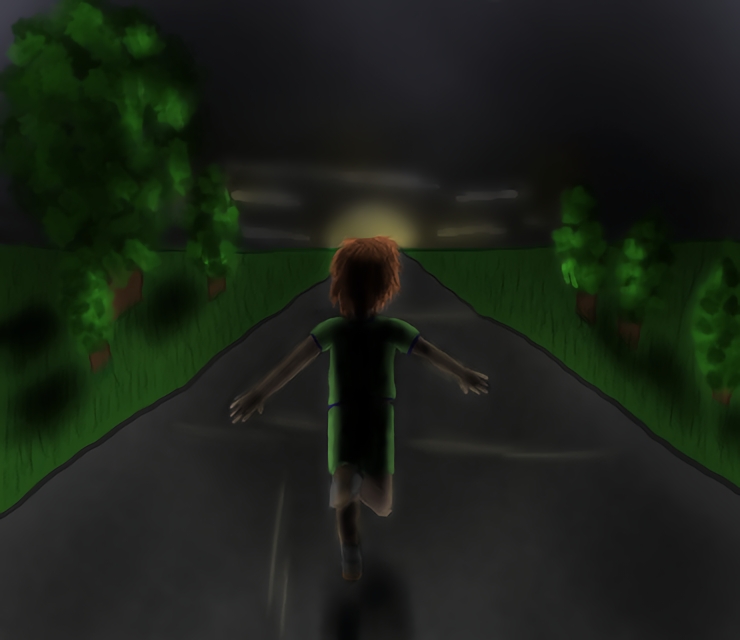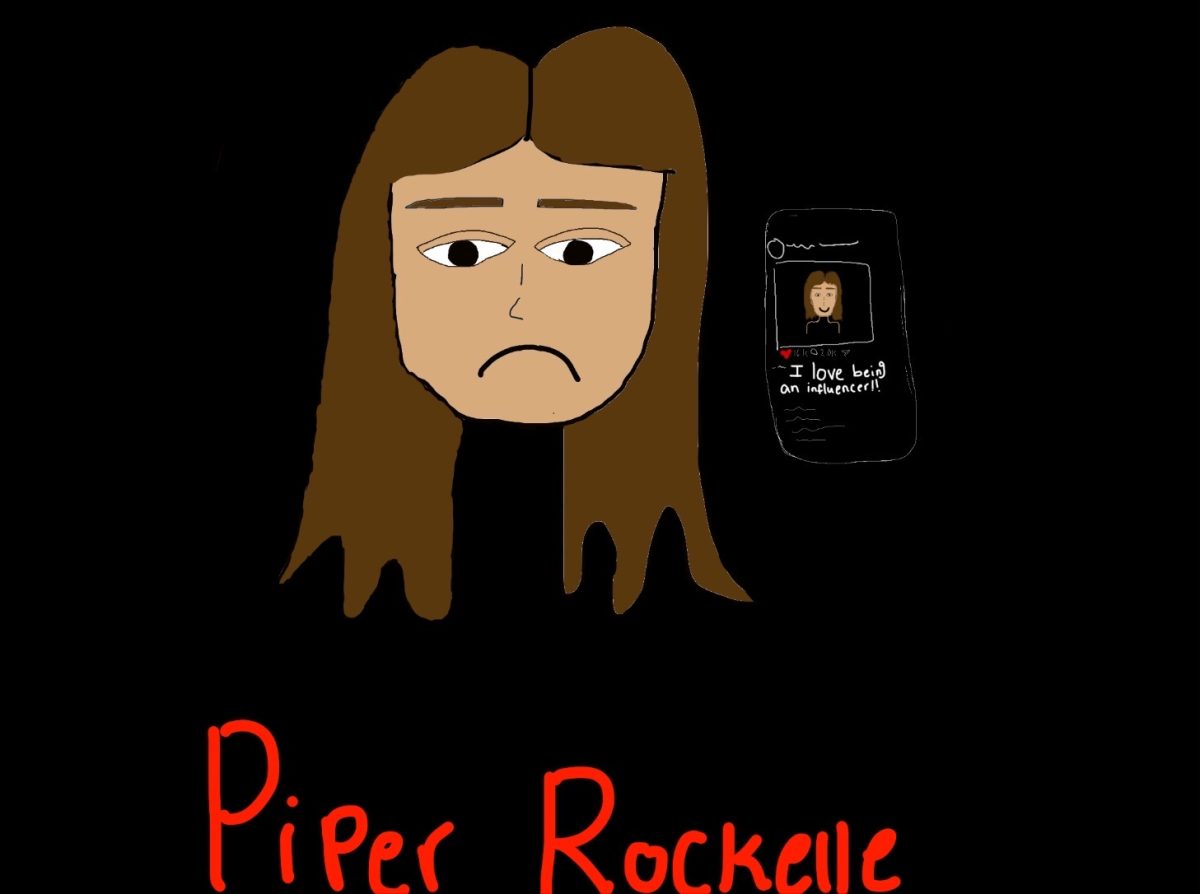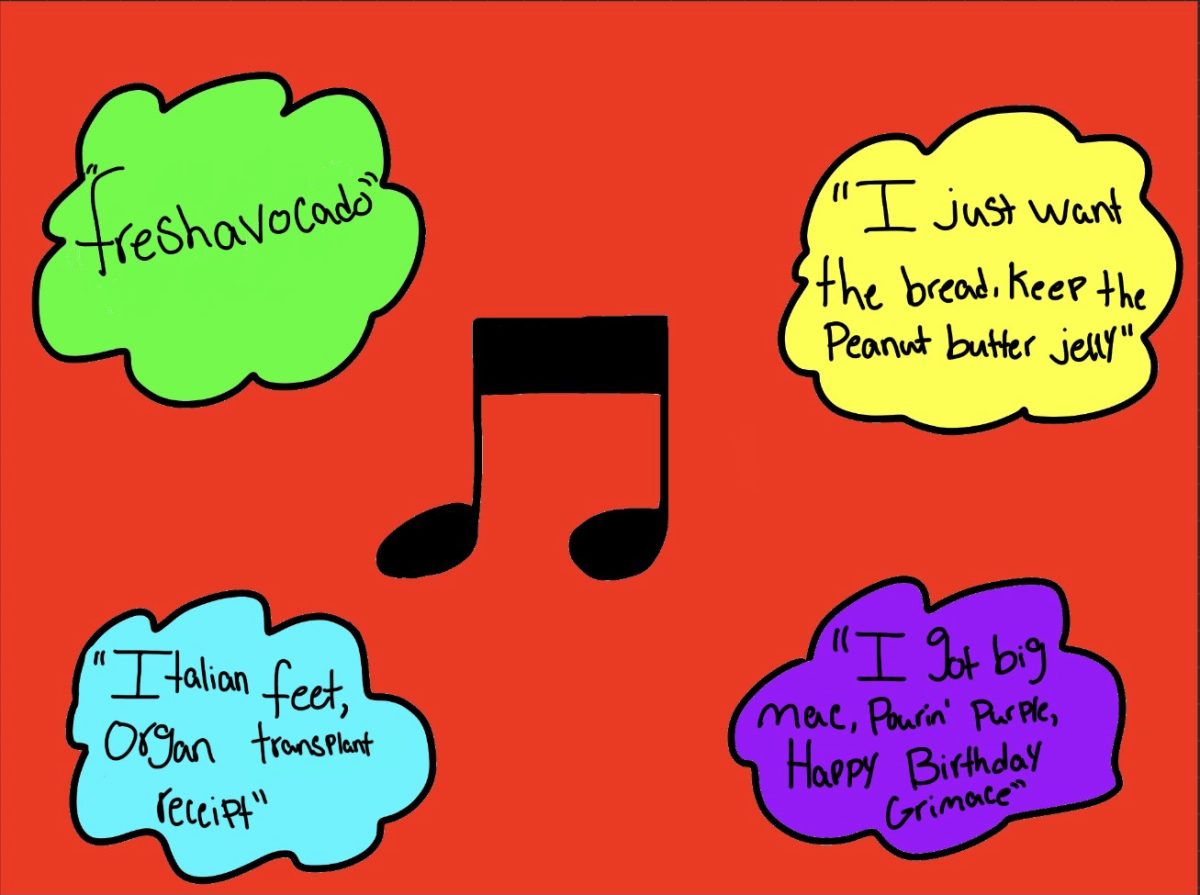Your beloved shows and movies don’t write themselves; or do they?
If you’re an avid consumer of media, you’ve most likely come across headlines on social media platforms and photos of celebrities participating in a nationwide writers’ strike, initially starting back in May. Following this, on July 14 of this year, actors all over Hollywood began to join the front lines of the strike as well. The leading organizations of this strike are the Screen Actors-Guild (SAG-AFTRA) and Writers Guild of America (WGA), both of the largest film industry unions in the country; they determine union policies and rules that writers and actors must oblige by if they are to continue working under a unionized contract.
Many writers and performers have stated that they do not receive substantial compensation for the work they’ve helped to produce, nor do they receive equal compensation compared to their acting counterparts, and eventually the concerns increased to such a degree that a proverbial flame was sparked. The demands made by SAG-AFTRA and WGA have been clear and concise, both being fair wages amongst actors and writers along with increased protection.
“I support the actors and writers who are striking,” Lily Kleinschmit (12) said. “Large corporations [can] be corrupt so the writers and actors must be fighting for a good cause.”
However, this is not the first film and television industry strike to transpire, as the first strike happened in 1952. But the most noteworthy and possibly most impactful strike to occur is the writers’ strike of 2007 and 2008. The array of picket lines and poster-raising lasted a total of 100 days, which led to their demands finally being met by the Alliance of Motion Picture and Television Producers (AMPTP) on the 22nd week of the strike. Determination was the biggest driving force behind the monumental success of the 2000s writers’ strike — a true testament to what one can accomplish with increased numbers and support.
Outlasting the one that took place nearly 17 years ago, the writers’ strike of 2023 lasted a total of 148 days. Not only is the timing different, but so is who is participating in the strike, with actors joining the 2023 strike and a halt on production from nearly all films and TV shows as a sign of support.
Looking at this, one can’t help but wonder: why is this strike so different? Streaming wasn’t as popular in the late 2000s compared to today, so it wasn’t as big of a talking point in demand as it is now. It’s easy to say actors and writers aren’t being paid sizable salaries, but even some of your favorite actors and actresses had been paid literal cents in residual earnings because of the lack of regulations and equities surrounding the streaming industry. Streaming allows you to watch anything your heart desires at the tap, click or touch of a button, but it disproportionately affects those who appear in the media to a deplorable degree.
Your favorite streaming services such as Netflix, Hulu, Disney+ and many, many more are guilty of and are the key contributors to the discrepancy in pay within the entertainment industry. Stars such as Brook Soso, who played Kimiko Glenn in the immensely popular Netflix original series “Orange Is the New Black” and William Stanford Davis, who currently plays the hysterically funny Mr. Johnson in acclaimed ABC series “Abbott Elementary” (which also streams on Hulu and Max) took to their social media to vent about their unfair residuals, with Davis showing that he received a depressingly small fraction — $0.05 for his appearance in an older project and Glenn receiving a paycheck for $27.30 for the latetst streams of her appearance in a whopping 45 episodes of “Orange Is the New Black”.
Major film studios have continued to uphold their opposition to the strike and struggled negotiating with SAG-AFTRA or WGA, despite the demands having been continuously vocalized across the nation. The demands have received immense support from those inside and out of the film industry. Inside we can see A-list celebrities like Bryan Cranston who played iconic chemistry-teacher-to-drug-kingpin Walter White in the hit series “Breaking Bad” and Margot Robbie recently starring in the abundantly pink feminist thinkpiece “Barbie” have both made it exceedingly clear that they are in full support of the strike.
“We will not allow you to take away our dignity,” Cranston said vehemently at a strike rally in New York City back in July.
Dwayne “The Rock” Johnson went as far as to donate seven figures — the full amount undisclosed — to the SAG-AFTRA organization, effectively singing “You’re Welcome” to the actors and writers he supported. But this doesn’t exclude those away from the film industry. Hamilton Broadway legend Lin-Manuel Miranda and New York U.S. Representative Alexandria Ocasio-Cortez both also have displayed their valiant efforts for the cause.
“I think that the writers’ strike will have a positive impact on the film industry and beyond because there will be increased valued placed on the creative work that writers do as well as they will be properly compensated for the work that they do,” Columbia Heights High School music teacher and theater director Mr. Nicholas Hollermann said.
Another piece to the puzzle of the massive strike is the influence of artificial intelligence (AI), a developing tyranny (or advancement, depending on your view) in our society. A multitude of writers are concerned that the expansion of AI will inevitably lead to their jobs not being necessary, as platforms like ChatGPT and other AI are capable of writing entire movie and show scripts if given a prompt to do so, and much quicker than what one or more humans can accomplish in a writers’ room. Soon, any writers who have published scripts can be mimicked within one command. Imagine a new James Cameron movie being written in the matter of a second. Who needs to wait another decade for the next “Avatar”?
Film studios have also started to take advantage of the useful but dangerous tool that is AI, which can completely replicate an actor’s face and use it in a seamless and unsuspecting manner. Studios have the power to use one’s likeness in a plethora of their projects without viable compensation if written into a contract. Even low-paid extras could have their photos used for the future of their career without their knowledge or compensation
Some actors and actresses, unfortunately, have decided to not publicly participate in the strike, including Meryl Streep, Jennifer Lawrence and Leonardo DiCaprio, all signing letters of willingness to participate but not actually shown on picket lines like Kevin Bacon, Olivia Wilde and Rachel Zegler. It’s easy to not do anything about an industry that has served you right for over a decade when it won’t affect your payday. However, not all performers are out of work as a handful are currently working on approved unionized projects with major film companies like A24 and Neon Film Studios being allowed to produce films due to their agreement to meet union proposals.
The prolonged strike has brought up a multitude of questions surrounding the future of the film industry, including discussions regarding what protections will be put into place to protect writers and actors as well as allowing them to receive much-deserved compensation for the hours of work they’ve helped to produce, not to mention whether AI will leave a lasting legacy in film or cease to exist in the creative medium.
There is so much hard work put in to create our entertainment, on and off screen: writers who spend hours upon hours conceptualizing scenes, scripts and other important factors to make something you enjoy, actors who put in months of work to perfect your favorite one-liners and many more. Film and television aren’t one-man shows — they’re a means of expression, an artform that should be protected for the years to come.



